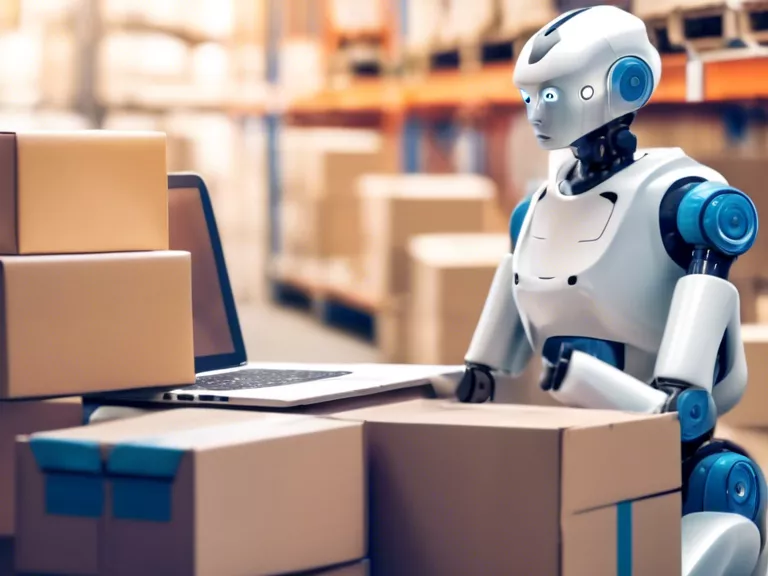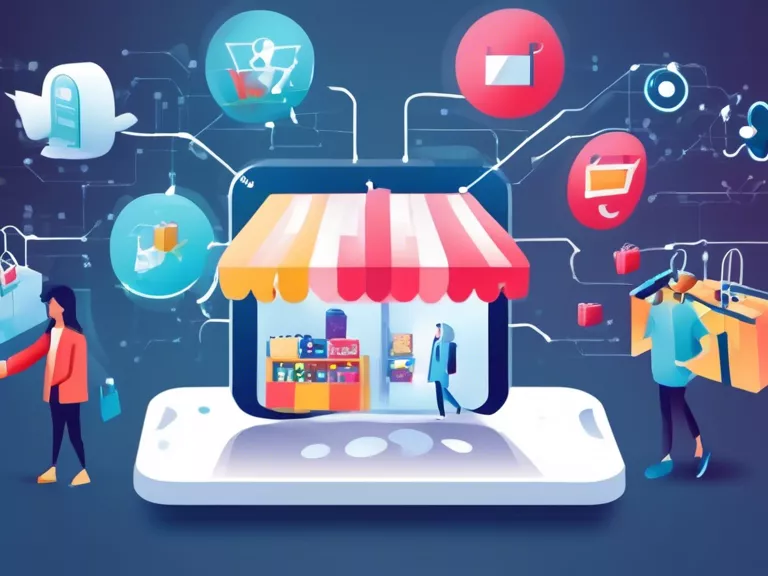
With the rise of e-commerce, the demand for efficient logistics and delivery services has skyrocketed. This has led to the adoption of artificial intelligence (AI) technologies in the industry to streamline operations and improve customer experience. From automated warehouses to route optimization algorithms, AI is transforming the way goods are moved from manufacturers to consumers.
One of the key areas where AI is making a difference in logistics and delivery is in demand forecasting. By analyzing historical data and current trends, AI can predict future demand more accurately, helping companies optimize their inventory levels and reduce stockouts. This not only improves efficiency but also enhances customer satisfaction by ensuring products are always available when needed.
Another way AI is revolutionizing logistics is through route optimization. By considering factors like traffic patterns, weather conditions, and delivery windows, AI algorithms can create the most efficient delivery routes for drivers. This reduces transportation costs, shortens delivery times, and minimizes carbon emissions, making the entire process more sustainable.
AI-powered robots and drones are also being used to speed up the last mile delivery process. These autonomous vehicles can navigate through crowded streets and deliver packages directly to customers' doorsteps, eliminating the need for human intervention. This not only improves delivery speed but also lowers labor costs and reduces the risk of human error.
Furthermore, AI is being utilized in warehouse management to increase efficiency and accuracy. Robots equipped with AI algorithms can pick, pack, and sort items much faster than humans, leading to significant time savings and cost reductions. AI can also help in predicting equipment maintenance needs, ensuring that operations remain smooth and uninterrupted.
In conclusion, AI is playing a crucial role in transforming logistics and delivery in e-commerce. By leveraging advanced technologies like demand forecasting, route optimization, autonomous vehicles, and warehouse automation, companies can streamline their operations, reduce costs, and enhance customer satisfaction. The future of e-commerce logistics is undoubtedly driven by AI.



